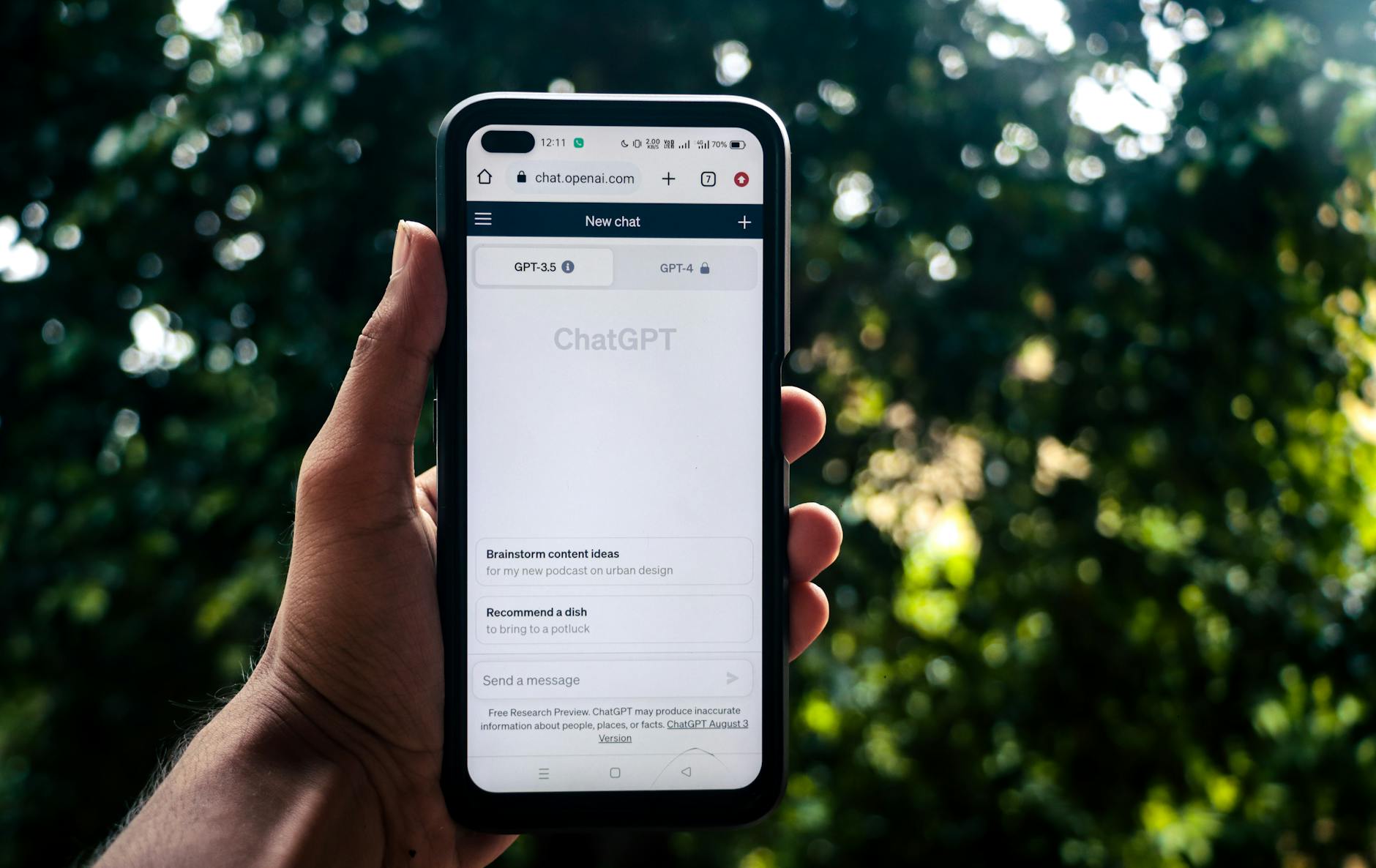
AI-Powered Search Engines: The Future of Finding Anything (Before You Even Know You Need It)
Remember the last time you Googled something and thought, “Wow, that’s exactly what I needed!”? That wasn’t luck—it was AI flexing its muscles. AI-powered search engines are no longer sci-fi; they’re here, rewriting the rules of how we discover information. And if you think today’s search is smart, just wait until 2025.
What Exactly Are AI-Powered Search Engines?
Gone are the days of typing keywords and praying for relevant results. AI-powered search engines use machine learning, natural language processing (NLP), and sometimes even a sprinkle of magic (okay, maybe not magic) to understand context, intent, and nuance. They don’t just match words—they predict what you really want.
How They Differ from Traditional Search
- Keyword vs. Context: Old-school search matched “best pizza NYC” to pages with those exact words. AI understands you’re hungry, in New York, and probably craving something with extra cheese.
- Static vs. Adaptive: Traditional results stay the same for everyone. AI tailors answers based on your past behavior, location, and even mood (if you’ve ever gotten recipe results after a bad day, you know what I mean).
- Reactive vs. Proactive: AI doesn’t wait for you to ask—it anticipates. Ever noticed Spotify suggesting the perfect song? Search engines are heading there too.
Why AI Search Feels Like Mind Reading (And Why That’s Good)
I’ll admit it: the first time Google Assistant finished my sentence, I side-eyed my phone like it was plotting something. But AI’s “mind-reading” is just pattern recognition at scale. Here’s why it’s a game-changer:
1. Fewer Dead-End Results
Remember wading through 10 pages to find a working tutorial? AI prioritizes usefulness, not just backlinks. A study by Moz found AI-driven results reduced “pogo-sticking” (clicking back immediately) by 34%.
2. Voice Search That Doesn’t Suck
“Hey Siri, find me that thing… you know, the one with the guy?” AI is making even vague queries work, thanks to NLP. Voice searches now account for 50% of all queries—and AI is the reason people aren’t throwing their devices out windows.
3. Visual Search Is the New Cool Kid
Pinterest’s Lens or Google Lens? Both use AI to let you search with images. Point your camera at a plant, and boom—it’s a monstera deliciosa, not just “big green leaf thing.”
2025 Trends: Where AI Search Is Headed
If you think AI search is impressive now, hold onto your keyboards. Here’s what’s coming:
- Hyper-Personalization: Results based on your biometrics (yes, your smartwatch data might suggest stress-relief articles before you panic-search).
- Zero-Click Dominance: AI will answer complex questions directly—no more clicking needed. (RIP, some SEO strategies.)
- Multimodal Madness: Combine text, voice, and image inputs in one query. “Find me a podcast that discusses this painting’s artist” will actually work.
AI Search Engines: The Showdown
| Feature | Google (Bard-Powered) | Microsoft (Copilot) | Perplexity AI |
|---|---|---|---|
| Conversational Depth | Excellent | Good (leans formal) | Best for research |
| Source Transparency | Sometimes vague | Highlights sources | Footnotes every claim |
| Multimodal Support | Yes (images, text) | Mostly text | Text-focused |
FAQs About AI-Powered Search
Will AI search engines kill SEO?
Not kill—but transform. Focus on user intent over keyword stuffing. AI rewards content that genuinely helps.
Are there privacy risks?
Potentially. AI needs data to learn, but opt-out settings are improving. Pro tip: Clear your search history monthly.
Which AI search engine is best for developers?
Perplexity AI, hands down. It cites GitHub repos and Stack Overflow like a pro.
Final Thoughts: Embrace the AI Search Revolution
AI-powered search isn’t about replacing humans—it’s about freeing us from bad results. Whether you’re a marketer, researcher, or just someone who’s ever Googled “why does my cat stare at me,” AI is making search smarter, faster, and (dare I say) funnier. Ready to dive in? Start experimenting with Google’s Bard or Perplexity AI today—your future self will thank you.


